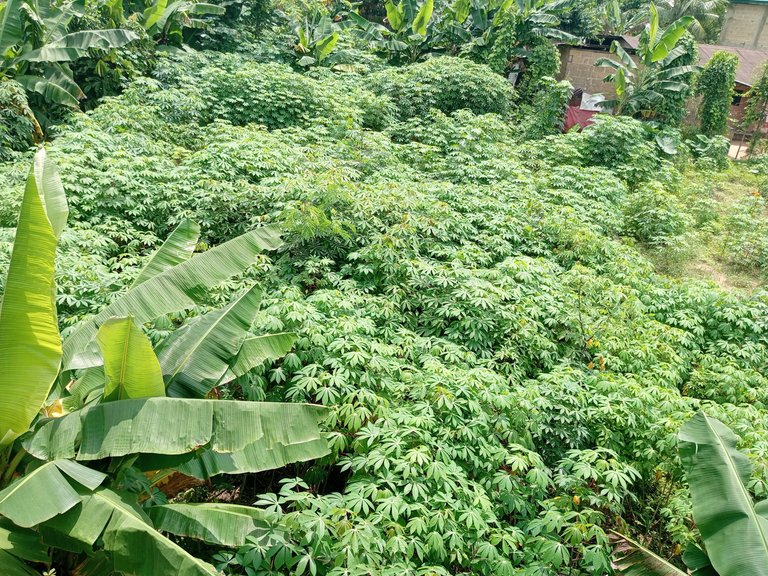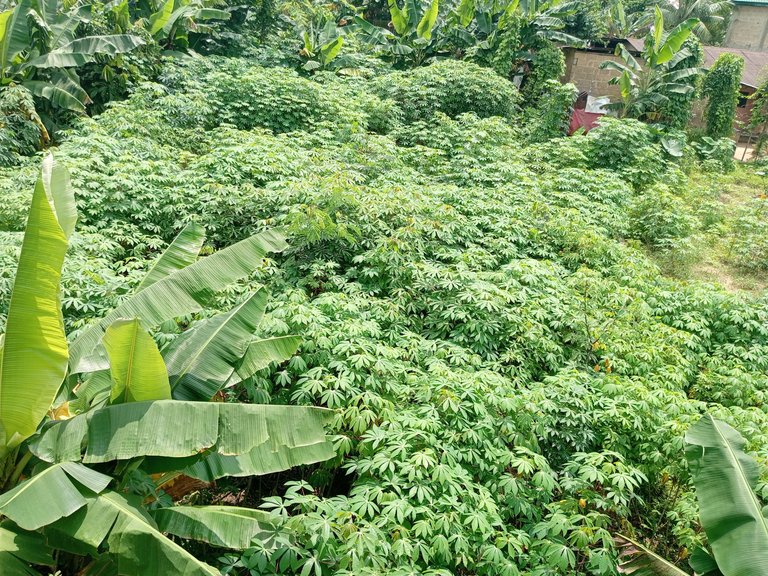Cassava is a tuberous root that provides food for millions of people Internationally especially the tropical regions of the world, Africa, America and Asia. It is a factor crop that is widely grown, very hardy and crucial in the food security and fighting hunger. They cannot be overemphasized in as much as they supply the needy groups in the society and support the growth of the economy through agriculture and nutrition.

Nutritional Value and Versatility
They contain high levels of carbohydrates hence it is an important source of energy to the people in the food deficit areas. It also contain some of nutrient like calcium, phosphor, C vitamin but it has small amount of protein and other micro nutrient. Although cassava contains negligible protein and is low in fibre and some micronutrients, it possesses the advantage of being very versatile and can be processed into flour, bread, and tapioca and these can be fortified to contain other essential nutrients.
At the beginning, it is important to note that cassava has one major benefit of withstanding unfavourable environmental conditions for plant growth. Their growing well in a relatively less fertile soil is another plus and this plant endures droughts than most other cash crops do. This trait of cassava makes it possible to be used as a form of dependable foods in areas of unstable weather and climate changes. This is particularly the case where cassava serves as a crop that delivers a steady harvest in difficult conditions thus increasing the ability of communities to avoid famine.

Economic Importance
Such crops as cassava are not only food but are very important in the economic aspects for the many라 small holder farmers. It has income generation opportunity from local and international markets. This means that the crop can be processed into various products and can sell in the market hence adding more sources of income to the farmers. This economic stability is what is required to bring about a change for the better in the standards of living of the rural population and poverty alleviation
Challenges and Solutions
Despite the advantages, the cultivation of cassava is faced with some problems for instance the cassava mosaic virus and bown streak disease. Solving these problems calls for commitment to spend on research and development to come up with resistance types and also come up with better farming techniques. Others are extension services and farmer education because these are important tools that help to make available knowledge and techniques that improve on cassava production.
Conclusion
Cassava plays critical role in food security and hunger free society hence the need to improve its productivity. Rich in nutrients, it is able to grow well in stressful conditions, and passes on all these advantages economically to millions of consumers all over the world. In this way, Tetra pak highlights the need to develop better quality cassava, provide farmers with loans to improve yields, and support proper techniques to increase cassava value for the fighting against hunger and food insecure future.